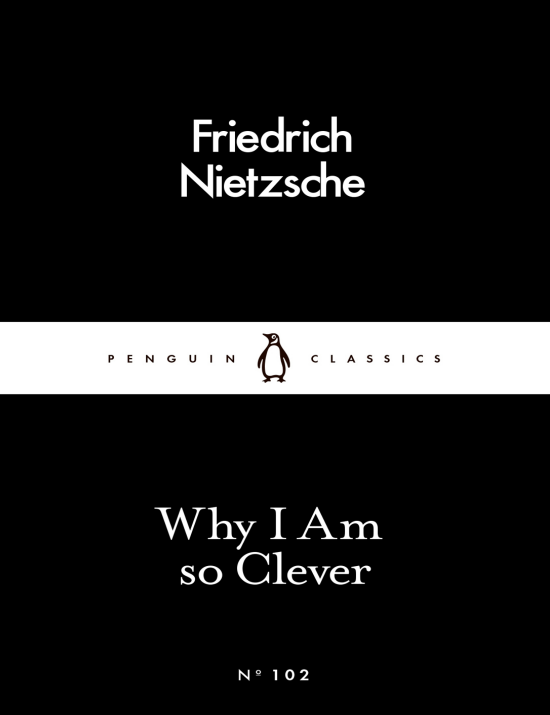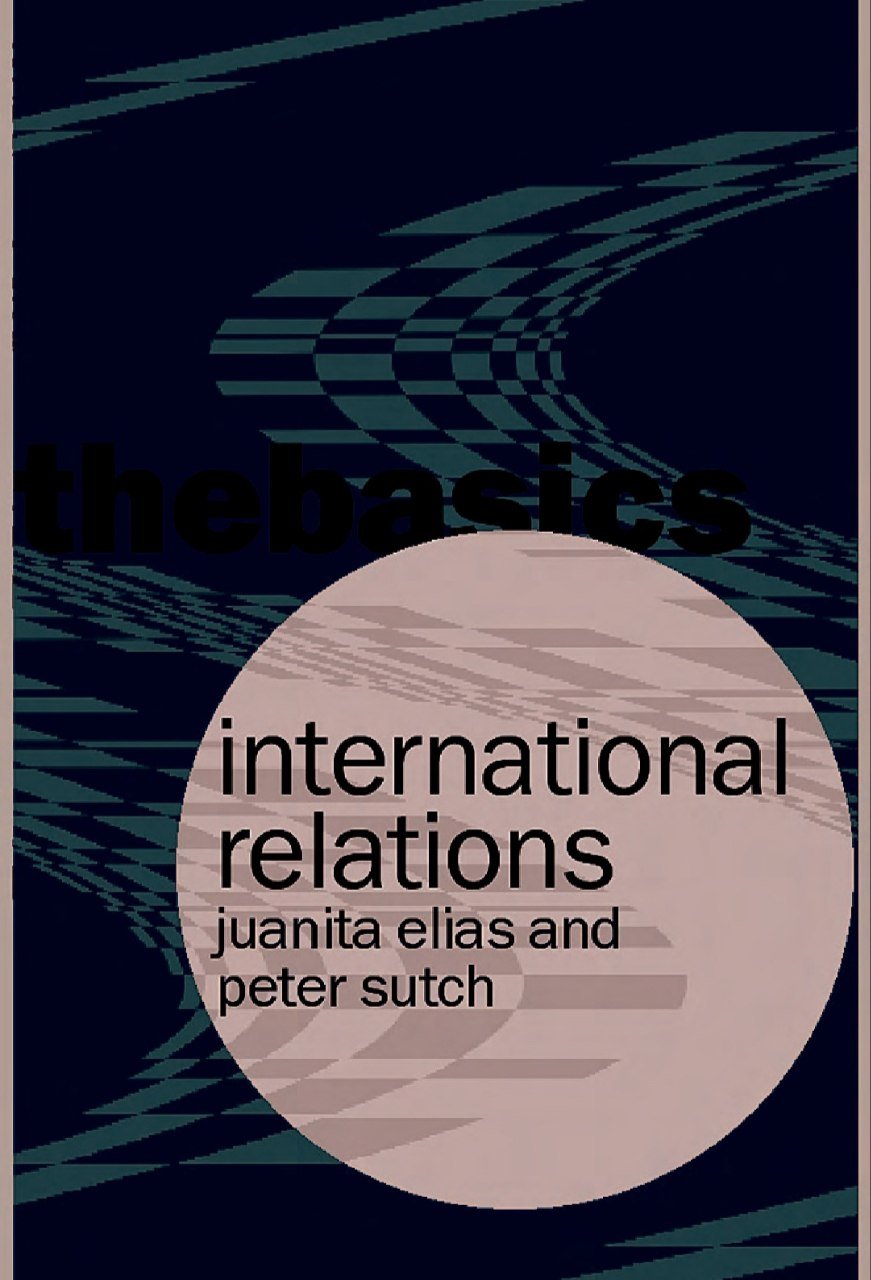

The Secularization of the European Mind in the Nineteenth Century
Reviews
No review yet. Be the first to review this book!
Description
The Secularization of the European Mind in the Nineteenth Century by Owen Chadwick is a classic and influential work exploring the profound shift in European thought and culture during the 1800s, when religious belief and influence began to wane, giving way to more secular ideologies and worldviews. Published in 1975, this book provides a deep and nuanced examination of the intellectual and cultural processes that led to the decline of religious authority and the rise of secularism in European societies. Chadwick, a renowned historian of religion, argues that the nineteenth century was a pivotal period in which traditional religious frameworks were increasingly questioned and replaced by scientific reasoning, political liberalism, and new forms of humanism. He investigates how the authority of the Christian Church—especially in intellectual, moral, and social life—was gradually undermined by developments in science, philosophy, economics, and political thought. One of Chadwick's central themes is that secularization was not merely the decline of personal faith but rather a broad transformation in how society understood itself and its values. It was a process in which religion lost its central place in explaining the world, guiding ethics, and legitimizing power structures. Key Themes and Ideas: The Impact of Science: Chadwick discusses how scientific advances—such as Darwin’s theory of evolution—challenged traditional religious explanations of life and the universe. The success of the scientific method fostered confidence in reason and empirical inquiry, often at the expense of religious belief. The Role of Philosophy and Intellectual Criticism: Enlightenment thinking continued to flourish in the nineteenth century, promoting ideas of human autonomy, reason, and skepticism toward established authority. Thinkers such as Feuerbach, Marx, and Nietzsche critiqued religion as either a projection of human needs or an instrument of social control. Social and Political Change: The rise of liberal democracy, nationalism, and industrialization changed how people related to authority and community. Religion was no longer seen as the sole moral compass or guarantor of social order. Increasing urbanization and social mobility further eroded traditional religious institutions’ influence. Moral and Ethical Transformation: As religion lost its hold on moral authority, new secular ethical systems emerged, emphasizing individual rights, human dignity, and progress without necessarily relying on divine sanction. Chadwick presents these ideas through a rich historical narrative, drawing on examples from Britain, France, Germany, and other European nations. His analysis reveals that secularization was neither uniform nor inevitable; it was a complex and uneven process, influenced by local conditions, politics, and cultural factors. Significance: The Secularization of the European Mind in the Nineteenth Century remains a seminal work in understanding the historical dynamics that shaped modern secular societies. Chadwick’s scholarship bridges intellectual history with social and political developments, offering a comprehensive picture of how Europe transitioned from a predominantly religious to a more secular worldview. The book is essential reading for historians, theologians, philosophers, and anyone interested in the relationship between religion and modernity. Chadwick’s balanced and insightful analysis continues to be a touchstone for debates on secularization theory and the role of religion in public life.




















.jpg)





.jpg)






.jpeg)


.jpeg)





.jpg)




.jpg)
.jpg)





.jpg)












.jpeg)




.jpg)

.jpeg)
.jpg)




.jpeg)







.png)


















































